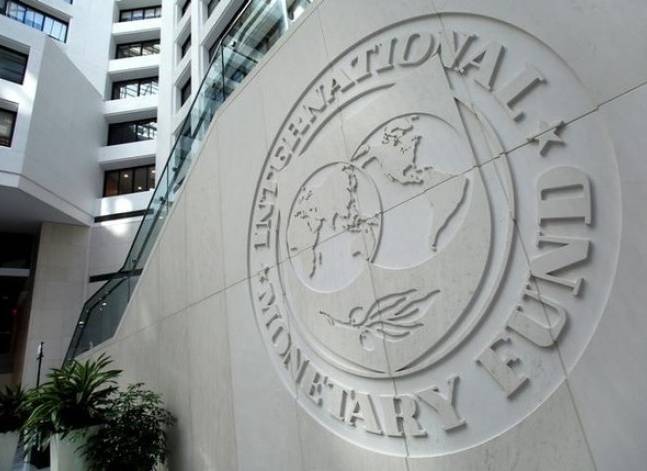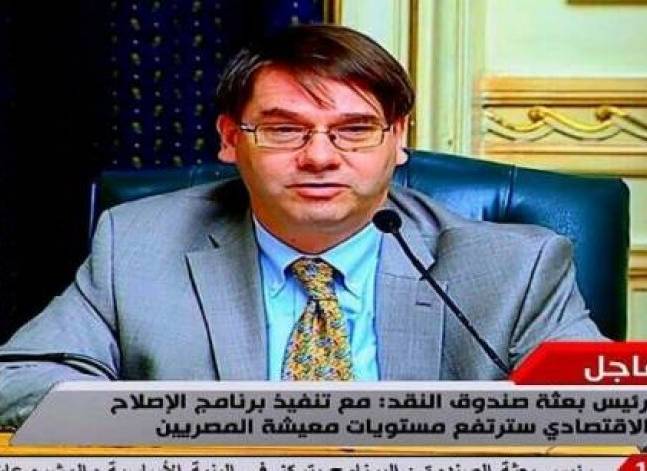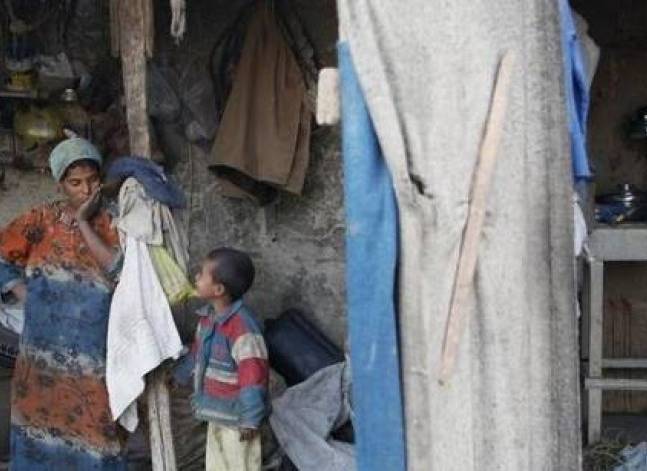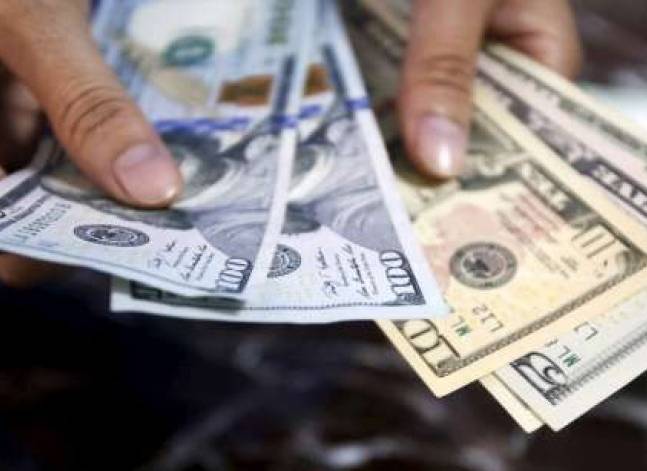Latest NEWS
- Aswat Masriya, the last word
- Roundup of Egypt's press headlines on March 15, 2017
- Roundup of Egypt's press headlines on March 14, 2017
- Former Egyptian President Hosni Mubarak to be released: lawyer
- Roundup of Egypt's press headlines on March 13, 2017
- Egypt's capital set to grow by half a million in 2017
- Egypt's wheat reserves to double with start of harvest -supply min
- Roundup of Egypt's press headlines on March 12, 2017
Egypt to receive second tranche of IMF loan in spring - mission chief
IMF official Chris Jarvis at a news conference in Cairo, Egypt August 11, 2016. REUTERS/Mohamed Abd El Ghany
CAIRO, Nov 13 (Aswat Masriya) - Egypt is expected to receive the second tranche of the International Monetary Fund's (IMF) $12 billion loan in the spring, IMF Mission Chief in Egypt Chris Jarvis said on Saturday.
The IMF executive board approved on Friday a three-year $12 billion loan to Egypt to support its economic reform programme, with Egypt's central bank confirming later that day the receipt of an initial batch of $2.75 billion.
The loan will be divided into six tranches, two disbursement each year over the period of three years, according to Jarvis.
"Most of the payments are worth $2 billion, except the first one which is for a bit more and the second is for a bit less because we wanted to give Egypt a bit more support at this point in the process," Jarvis told CBC satellite channel.
Egypt secured the IMF loan few days after the central bank announced the floatation of the Egyptian pound and the government decided to raise energy prices by 30-47 per cent.
Jarvis said there are no further actions required from Egypt, confirming that all the "big actions" have been already taken at the beginning. He said that the IMF vision is in line with the government's plan to eliminate electricity subsidies over five years and most fuel subsidies over three years.
"What remains is a question of keeping up with the efforts already taken in order to bring down the budget deficit and decrease inflation," he added.
He also revealed that five revisions are set to take place by the IMF throughout the three years to ensure that the whole policy package is leading towards the "right kind of outcome".
"The IMF will help guide the government and the central bank on that process. If things continued to be on track, we'll continue to make the disbursement onto the program," Javris added.
The IMF chief to Egypt believes that the government's recent measures of liberalising the exchange rate for the pound against foreign currencies, enacting the VAT and reforming subsidies program are "what Egypt needed to get foreign exchange flowing into the country again and reduce the budget deficit."
Egypt's foreign reserves, which stood at almost $36 billion before the January 2011 uprising, stood at 19.04 billion at the end of October.
Jarvis also praise the social protection measures taken by the government saying they will help reduce some of the difficulties of the adjustment process.
Following the recent economic decisions, the government decreased the age of those receiving the pension benefits from 65 to 60 years.
It also announced increasing the amount allocated to individuals holding food subsidy cards from EGP 18 to EGP 21 starting next month in an attempt to compensate for price hikes.
According to Javris, the IMF loan is expected to help Egypt achieve levels of growth between 5 and 6 per cent in the years ahead, which is higher than Egypt's economic growth rate in the fiscal year 2015/16 that registered 4.3 per cent of the Gross Domestic Product.















